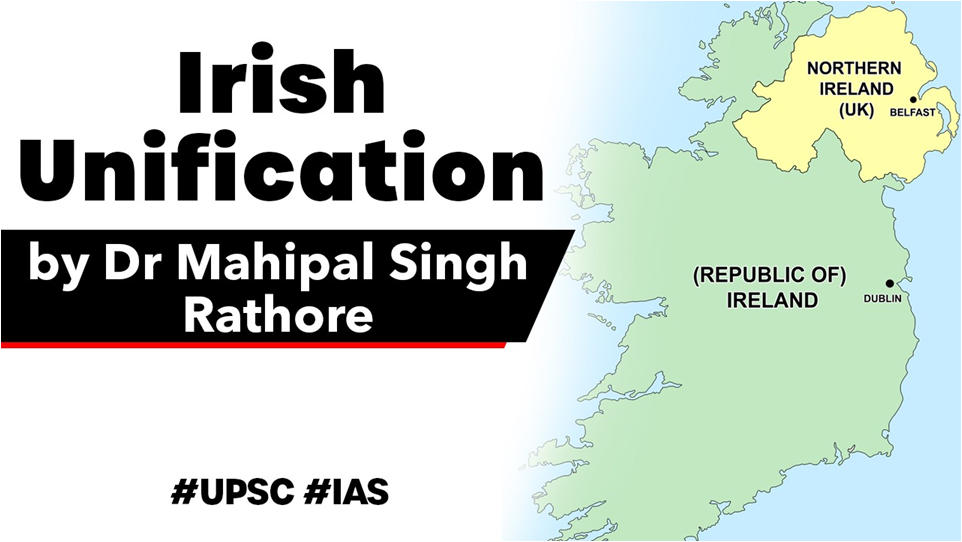Table of Contents
What is BRITAIN?


The ‘Two’ Irelands
- The island of Ireland is divided between two political entities –
- The Republic of Ireland – officially named Ireland
- Northern Ireland – is part of the United Kingdom

- 8 million live in the Republic of Ireland Capital – Dublin
- 8 million live in Northern Ireland Capital – Belfast

Brief History of the ‘island’ of Ireland
- Following the 12th century Norman invasion, England claimed sovereignty.
- However, English rule did not extend over the whole island until the 16th–17th century Tudor conquest, which led to colonisation by settlers from Britain.
- In the 1690s, a system of Protestant English rule was designed to materially disadvantage the Catholic majority and Protestant dissenters, and was extended during the 18th century.
- With the Acts of Union in 1801, Ireland became a part of the United Kingdom.
- A war of independence in the early 20th century.
- 1921- Partition of the island, creating the
- Irish Free State, which became increasingly sovereign over the following decades. (Republic of Ireland- 1949)
- Northern Ireland, which remained a part of the United Kingdom.


The Troubles-
- Northern Ireland saw civil unrest from the late 1960s until the 1990s.
- The ‘Troubles’ claimed over 3,500 lives.
- Violence subsided following a political agreement – The Good Friday Agreement in 1998.
The Recent change in politics of Ireland
- For most of the century since Ireland gained independence from Britain, control of the country has alternated between two parties.
- Fine Gael (Prime Minister Leo Varadkar’s party)
- Fianna Fail
Taoiseach

Dáil Éireann

The Rise of Sinn Fein
- On February 8th that duopoly was smashed apart, when Sinn Fein got the largest share of first-preference votes in the republic’s general election.
- The party has with links to the Irish Republican Army (IRA), which bombed and shot its way through the 1970s, 1980s and 1990s.
- It won with a left-wing platform that included promises to spend more on health and housing.

- Following an unexpected election triumph, Sinn Fein leader Mary Lou McDonald has called for a united Ireland, demanding a referendum on reunification within five years.
Brexit Vote 2016

Economic benefit for Northern Ireland
- The open border with the Republic of Ireland in the south(of Northern Ireland) facilitates annual exports worth 3.4 billion pounds ($4.4 billion).
- Hard Brexit would bring a stoppage to this – no more open border.
Reasons for calls of Unification
- Support for unification in Northern Ireland appears to have risen in recent years but it because of more than just Brexit.
- Northern Ireland’s census in 2021 is likely to confirm that Catholics outnumber Protestants for the first time.
- The republic of Ireland has also become more welcoming.
- The influence of the Catholic church has faded dramatically and society has become more liberal.
- Over the past three decades restrictions on contraception have been lifted and gay marriage has been legalised.
In Most polls respondents show support for unification.

- Ultimately, it’s up to the British Government to call a border poll.
- Very little chance for such a move till conservatives are in power
When will unification take place?
- The momentum for a united Ireland could come to seem unstoppable.
- Sooner than later, it is bound to happen.(~10 years)
- What if British govt. never calls for a referendum?
- If the government in Westminster continuously refused to recognise that there was a majority in favour of unification in Northern Ireland, that could be
Latest Burning Issues | Free PDF






















 WhatsApp
WhatsApp